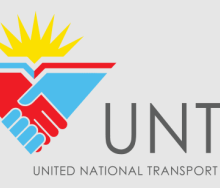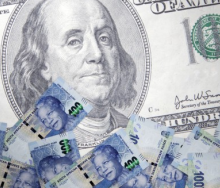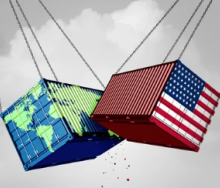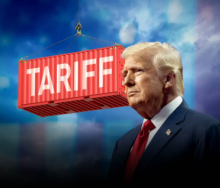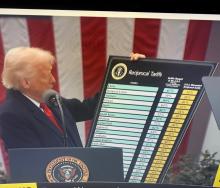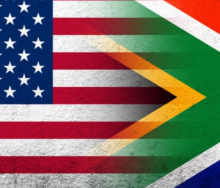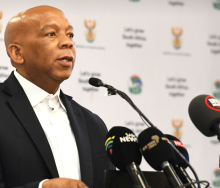There appears to be no discernible proof that Panama is intentionally overcharging maritime traffic from the United States or its navy, despite claims by President-elect Donald Trump that this is indeed the case.
His pronouncements about the canal are also distinctly Sinophobic in that he regularly slates China for enjoying preferential rates when its vessels sail through the important waterway.
Speaking in only his second public address since his election victory in November, Trump told journalists at his Mar-a-Lago private residency that he would not rule out military force to take back control of the Panama Canal.
Constructed by the US and inaugurated in 1914, the canal was under American control until the Torrijos-Carter Treaties were signed in 1977.
These treaties, negotiated by former President Jimmy Carter who passed away in December, paved the way for the canal's transfer to Panama by 1999.
Carter's decision was part of a broader effort to improve relations with Latin America and recognize Panama's sovereignty over the canal zone.
Trump has criticized Carter's decision, claiming it was a "disgrace" and that Panama was given the canal for "essentially nothing".
In recent weeks, Trump has intensified his criticism of Panama over the fees charged for using the Panama Canal, suggesting that the country is overcharging the US.
In his most stringent rebuke of the Autoridad del Canal de Panamá (ACP), Trump has described the rates charged to US cargo and naval vessels as "ridiculous" and "exorbitant".
He argues that these fees are unfair, especially considering the historic US investment in the canal.
But the ACP has clarified that tolls are set transparently, taking into account market conditions, operating costs, and maintenance needs.
The recent increase in toll revenue was largely due to a severe drought in 2023 and early 2024, which led to transit restrictions and slot auctions to manage reduced capacity.
Now that the drought has ended, canal operations have normalised, and there are no longer windfall revenues from these auctions.
More importantly, Panama's sovereignty over the canal is enshrined in international law, and any attempt by the US to regain control would face significant legal and diplomatic hurdles.
Neutrality Treaty, part of the 1977 agreements, ensures that the canal remains open to all nations on equal terms, preventing Panama from offering preferential rates to any country, including the US, Lloyd’s List reported.
The toll structure is designed to support the canal's operations and modernisation, and recent increases were largely driven by environmental factors rather than a deliberate attempt to exploit US users.
The legal framework and diplomatic agreements in place make it unlikely that the US could unilaterally reclaim control of the canal.



